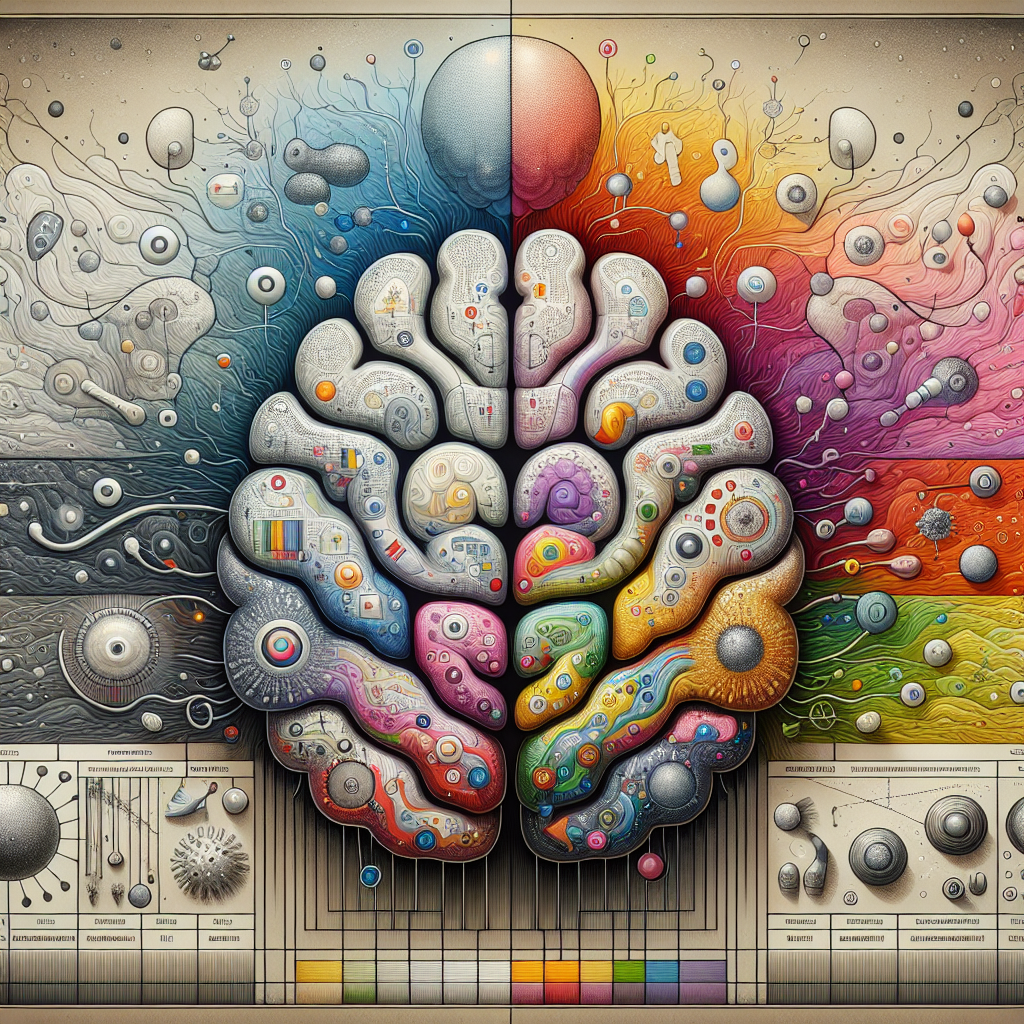Your cart is currently empty!
Gray Matter: Unraveling the Mysteries of the Human Brain

The human brain is one of the most complex and fascinating organs in the body. It controls everything we do, from breathing and sleeping to thinking and feeling emotions. But despite its importance, there is still much we don’t know about how the brain works. One area of particular interest is the gray matter, the outer layer of the brain that contains most of the brain’s nerve cells.
Gray matter is essential for processing information and controlling movement. It is made up of neurons, which are specialized cells that transmit electrical signals throughout the brain. These signals allow us to think, learn, and remember. The more gray matter we have, the better our cognitive abilities are likely to be.
Scientists have been studying gray matter for decades in an effort to better understand how the brain functions. One of the key ways they do this is by using imaging techniques such as MRI scans to map the structure of the brain and measure the amount of gray matter present. These studies have revealed that gray matter tends to decrease with age, which may help explain why cognitive abilities decline as we get older.
But gray matter isn’t just important for cognitive function. It also plays a role in mental health. Research has shown that people with certain mental health disorders, such as depression and schizophrenia, have differences in the amount of gray matter in their brains compared to those without these disorders. By studying these differences, scientists hope to develop new treatments for these conditions.
In addition to its role in cognition and mental health, gray matter is also implicated in neurological disorders such as Alzheimer’s disease and Parkinson’s disease. These conditions are characterized by a loss of gray matter in specific areas of the brain, leading to a decline in cognitive function and movement control. By understanding how gray matter is affected in these disorders, researchers hope to develop new therapies to slow or even reverse the progression of these diseases.
Overall, gray matter is a crucial component of the human brain that is still not fully understood. By unraveling the mysteries of gray matter, scientists hope to unlock the secrets of how the brain works and develop new treatments for a range of neurological and mental health conditions. The more we learn about gray matter, the closer we come to truly understanding the complexities of the human brain.

Leave a Reply